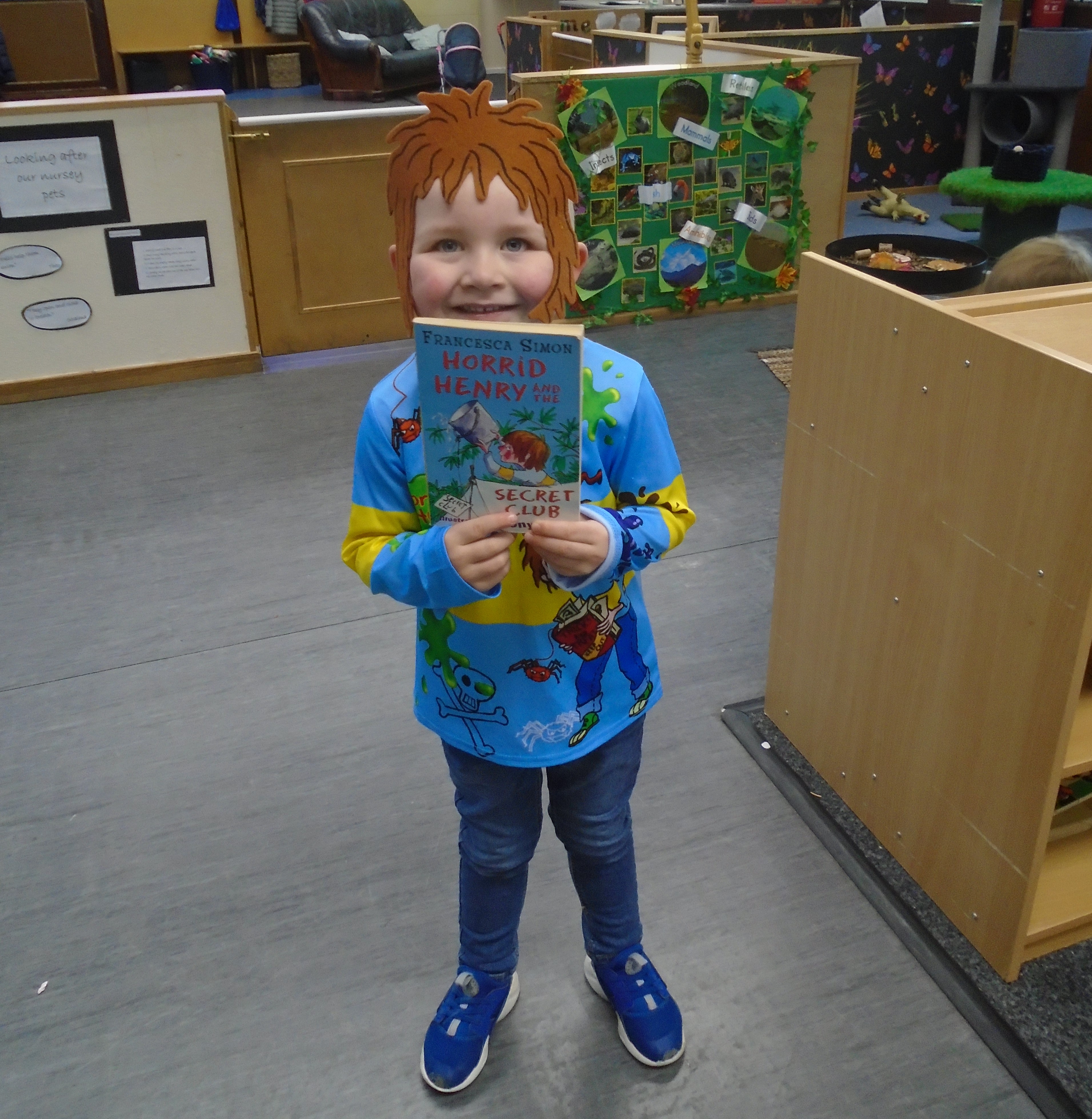At Woolston we understand the importance of sharing books and stories with children.
That id why we celebrate World Book Day every year
Children’s vocabulary skills are linked to their economic backgrounds. By 3 years of age, there is a 30 million word gap between children from the wealthiest and poorest families. A recent study shows that the vocabulary gap is evident in toddlers. By 18 months, children in different socio-economic groups display dramatic differences in their vocabularies. By 2 years, the disparity in vocabulary development has grown significantly (Fernald, Marchman, & Weisleder 2013).
Eliminating this inequality will require early interventions that directly address the problem. Preschool teachers can build on what children already know and respond to their interests to introduce and reinforce new words. Here are some things you can do to help preschoolers build their vocabularies:
- Use new and interesting words in natural conversations. Try this at mealtimes or when presenting a new toy or material. Introducing a new word in context helps children learn what it means. For example, it’s easier for children to learn what a ukulele is when they can see and hear it as well as listening to you say the word.
- Use gestures and facial expressions to help children make sense of new words. For example, when introducing the word joyful, you might smile and wave your arms about to convey what it means.
- Sing with children and recite poetry and rhymes to playfully introduce vocabulary.
- Talk with children and encourage children to talk with one another. Keep the conversation going by asking questions, making comments, and inviting children to think and share their ideas.
- Read to children daily, taking time to go over new words. Look for books with illustrations that provide clues to word meanings.
- Think about new vocabulary words that might come up on a field trip as part of the experience. A trip to an art exhibit could introduce the word landscape, while a trip to a pizza restaurant might introduce kneading dough.
- Give children ample time to learn the meaning and uses of new words before moving onto other words.
- Help families understand how important it is to talk with their children and share new vocabulary words. Send home suggested conversation starters based on children’s interests and classroom projects. Include discussion questions in family literacy packs. Post videos of conversations between teachers and children.
- Advocate for equity. Make sure that all children have opportunities to learn and understand the meaning and uses of new words.

